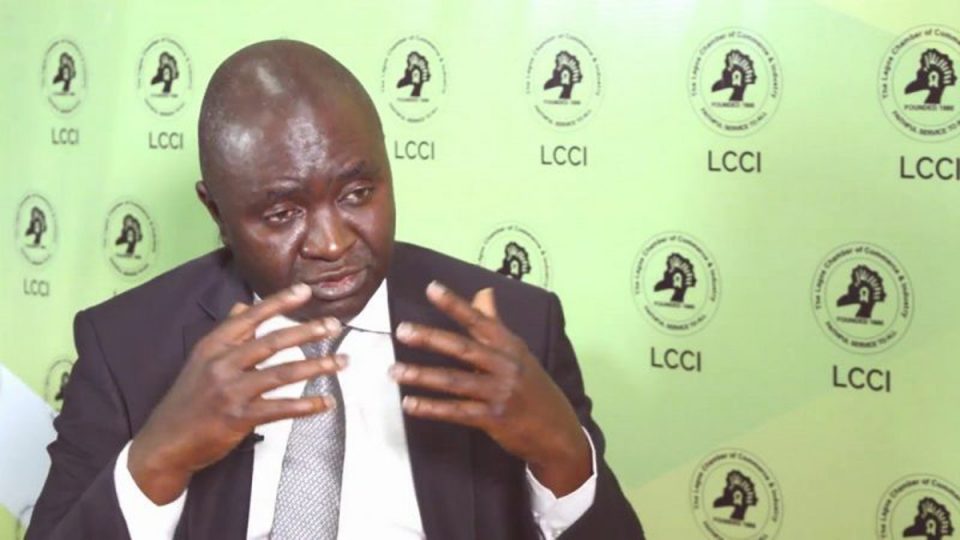The Lagos Chamber of Commerce and Industry (LCCI) has advised the Federal Government to address the challenges constraining the supply side of the economy to tackle inflation.
Dr Muda Yusuf, Director-General, LCCI, gave the advice on Thursday in reaction to the 18.17 per cent March inflation figure as released by the National Bureau of Statistics (NBS).
The March inflation rate rose to 18.17 per cent from 17.33 per cent recorded in February representing 0.82 per cent increase.
Similarly, food inflation, spiked to 22.95 per cent from 21.79 per cent recorded in the previous month translating to 1.16 per cent increase.
The rise in the food index was caused by increases in prices of bread and cereals, potatoes, yam, and other tubers, Meat, vegetables, fish, oils and fats, and fruits.
The DG said that key drivers of the mounting inflation which were essentially supply side issues included currency depreciation, acute illiquidity in the foreign exchange market, rising transportation costs and logistics challenges.
Others, he said, were agricultural output disruptions caused by growing insecurity, hike in energy prices, climate change and structural bottlenecks to production.
Yusuf stated that the solution therefore, would have to be situated in the context of these causal factors.
“The March headline inflation of 18.17 per cent is the highest in four years and more worrisome is that food inflation has accelerated to 23 per cent.
“The major issues are cost and output related.
“It is not in all cases that high production and operating costs can be passed on to the consumers.
“The implication is that producers are also taking a hit and this is more severe where a product or service is faced with a high demand elasticity.
“Tackling inflation requires urgent government intervention to address the challenges bedevelling the supply side of the economy.
“There is also a need to worry about the growing fiscal deficit, especially the Central Bank of Nigeria financing of the deficit.
“It is characterized as inflation tax by a school of thought in economic literature,” he said.




